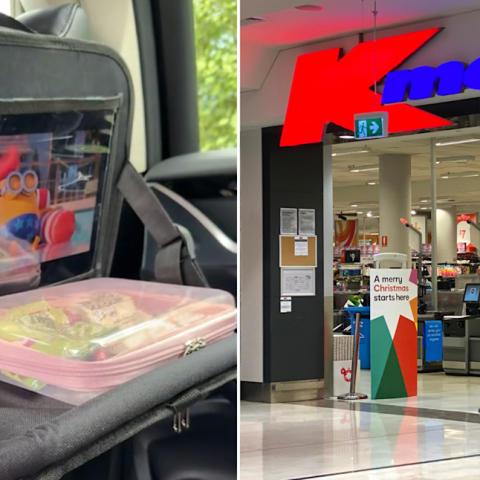The NHL and the NHL Players’ Association are in discussions about possibly expanding the regular season from 82 to 84 games. This idea has been lingering over the past few seasons as teams have voiced concerns about the uneven distribution of division games, which tend to draw larger crowds and higher TV ratings.
Adding two more games could maintain the current scheduling system, ensuring every team plays every opponent at least once while allowing division rivals to face off four times each season. To balance this change, the NHL might cut back on preseason games. However, some players worry about the physical toll that more regular-season games could bring.
Currently, the collective bargaining agreement (CBA) is set to expire on September 15, 2026. Historically, the NHL had an 84-game schedule from 1992 to 1994 when two neutral-site games were introduced.
Beyond the game count, other issues are on the table, including how teams manage salary cap exemptions for long-term injuries. One proposal suggests that playoff lineups should be cap compliant, even if the full roster exceeds the cap during the regular season.
NHL Commissioner Gary Bettman recently described the negotiations as "constructive and cordial." He emphasized the good relationship built during talks, even though there’s still time to finalize a new agreement.
As fans follow these developments, reactions on social media reflect a mix of excitement and concern. Many are eager for more games, but there’s also anxiety about the players’ health. A recent survey indicated that 67% of hockey fans support a longer season, but 55% want to ensure player safety remains a priority.
Understanding these dynamics sheds light on the complexities of modern sports management. With changing player expectations and fan demands, how the NHL handles these negotiations could shape the future of the game.
For more detailed information regarding labor agreements in professional sports, you can refer to the National Labor Relations Board (NLRB).





















